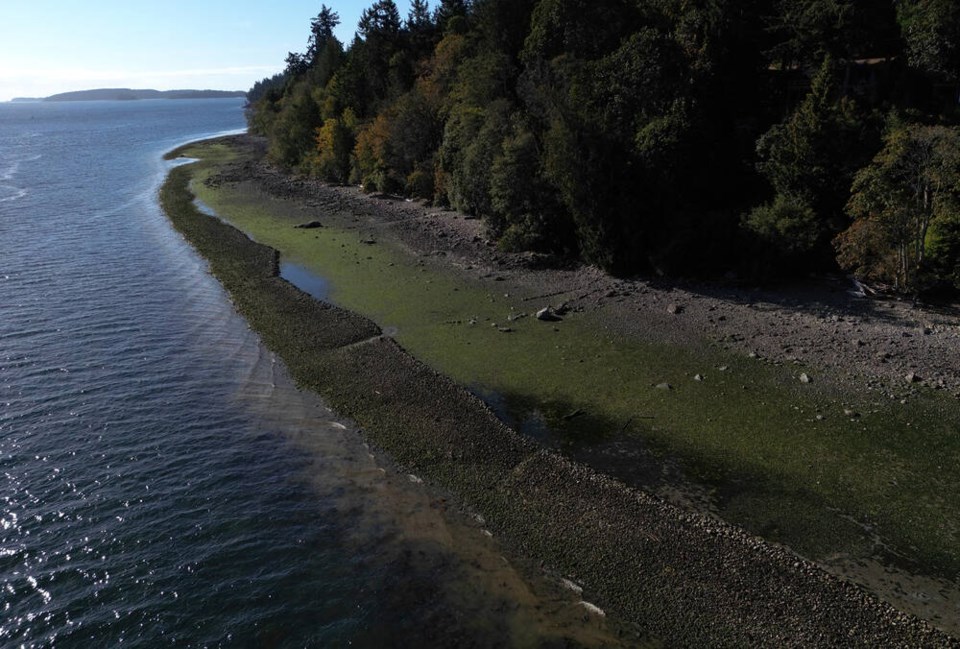A commentary by the CEO in charge of acquisitions and development at Merchant House, a local development company.
It’s not just the right-wing that wields fear as a weapon of political discontent. It is deeply embedded in Frants Attorp’s Oct. 5 commentary “Election an existential moment for the Gulf Islands,” regarding Salt Spring Island and the Islands Trust.
As the developer behind the Vortex, the 17-unit Fulford Harbour project characterized by Attorp as a “major resort development,” we laboured for four years to obtain a development permit for land already zoned under the Official Community Plan as “transient accommodation.”
While a development permit is typically a six- to eight-month affair, our application included two separate First Nations consultations, an array of environmental studies, geotechnical reports, stormwater and sanitary-management studies in an area designated to have six separate development permit requirements.
The bar for approval in the Trust areas is already incredibly high. What Attorp and others would advocate is an enlargement of the Islands Trust’s responsibilities for land use and planning, to include regulatory authority and oversight.
This mission creep is already pervasive within the Trust and part of what is locally known as “getting to no.”
We live with the results today.
Families are leaving. Declining student enrolment has resulted in the closure of Salt Spring Middle School.
There is no housing for essential service providers. Lady Minto Hospital Foundation recently acquired the Sea Breeze Inn with plans to convert motel rooms into dwelling units for hospital workers.
While businesses are suffocating from lack of workers due to a shortage of affordable housing, caravans of campers in school buses, vans, and recreation vehicles have crept into the streets of downtown Ganges.
Like Victoria and Vancouver, Salt Spring has big-city problems but lacks government resources and tools municipalities have.
Consider Salt Spring Island’s governing model under the Islands Trust Act.
By population, land area and tax base, Salt Spring Island represents well over 50 per cent of the Trust area. This October we will elect two representatives of the 14 members that make up the Islands Trust to represent our Local Trust Committee.
The third member of the LTC is currently chair Peter Luckham, a 15-year veteran of the Islands Trust, voted into office by the 350-person population of Thetis Island. These three individuals will decide the future of our island community, and one of them won’t receive a single local vote.
While I strongly disagree with Attorp, I do agree that a lot is on the line for Salt Spring this election.
But I don’t believe the most pressing issue before island voters today is affordable housing, climate change or rising street crime.
It is the recent referral of the Islands Trust Act to the provincial government for review championed by local trustee Laura Patrick.
Rising out of the February 2022 Islands Trust Governance Review, which identified systemic and pervasive governance failure by the Islands Trust, the provincial referral represents the best opportunity for Salt Spring Island to be restored to a diverse representative democracy, where power is managed locally.
Every candidate for the Islands Trust must publicly speak out in support for this referral.
If insanity can be described as doing the same thing but expecting a different result, so can voting for a representative for the Islands Trust on Salt Spring Island.
Having spent years with an insider’s view of the process, I expect new trustees will quickly feel the pressure of the Trust bureaucratic gorilla, lose local support, and be demonized for the failure of the system.
>>> To comment on this article, write a letter to the editor: [email protected]



